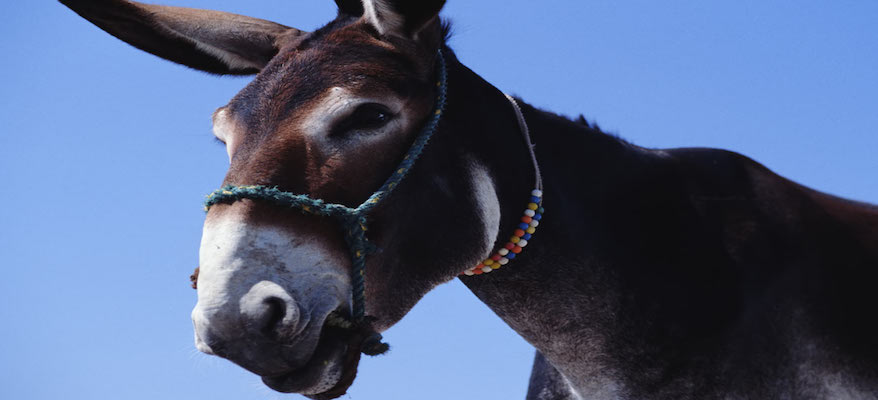I’m not a country boy. There, I admitted it.
However, I do live in Arkansas, which means I get a few “country boy points” by default. For instance, I know that horses reproduce horses. I also know that donkeys reproduce donkeys. And, for bonus points, I know that a horse and a donkey together produce mules.
Mules are very patient, intelligent, and sure-footed. However, mules have a problem: they are sterile creatures. That means that every time you want to add a mule to your pack of mules, you have to mate a horse and donkey. That takes extra work on your part. However, if you own horses, they naturally reproduce on their own.
To put it another way, you add mules to your pack by manual addition. Every new mule requires you to start from scratch.
However, you can add horses to your team by automatic multiplication. New horses can grow a family without necessarily needing a human matchmaker.
Today, the choice between a horse and mule may not seem like a big deal. They both can pull heavy loads and contribute to farm life.
But when it comes to long range planning, the differences between horses and mules are drastic. In ten years, you could own dozens of horses by investing in a relative few. On the other hand, to have the same amount of mules would cost a much greater investment.
The choice is between addition and multiplication.
The same is true when it comes to the Great Commission of the church. Simply put, Christ did not call for the simple addition of believers. Rather, He calls us to exponential multiplication of disciples. That’s the only way we will ever see disciples made of all nations.
Unfortunately, many churches still choose to work by addition. For many it is easier and takes less time and patience. For others it is the only method they have ever known. Admittedly, addition may look like a more fruitful approach today. And evangelism without discipleship may be a quick easy way to fill seats right now. But what happens when these people (without a strong foundation of discipleship) leave the church? And what happens when the ones who stay for the long run never evangelize or disciple others because they’ve never been trained? The addition based approach, like breeding mules, causes a church to continuously go back to “square one” and never is able to build a strong community of discipleship.
I know what you may be thinking. We all know people who have made disciples within a church of “addition minded” ministry. I totally agree. But just like Jesus said in Matthew 3:9, God can raise up sons of Abraham from stones. However, it isn’t a frequent occurrence.
To be honest (Google it if you don’t believe me) in a few rare cases, mules have actually reproduced. But it has only happened 60 times in the past 475 years. It’s not exactly the odds upon which you want to build a multiplication strategy.
That’s why intentional discipleship is key to the fulfillment of the Great Commission. It may not always draw the biggest crowds at the beginning, but by investing in a few now, you are much more likely to reach masses of the future.
Questions to help determine whether your ministry is addition-based or multiplication-based:
- Are you raising sterile Christians? (i.e. Do your members make disciples who make disciples?)
- Who are considered the ministers at your church? The staff only, or maturing “lay people” growing in discipleship?
- Is real life-investment taking place in people’s lives after conversion?
- Are you seeing transformational change throughout the lifespan of believers?
Are you geehawing with that? (It’s a country thing; look it up!)
